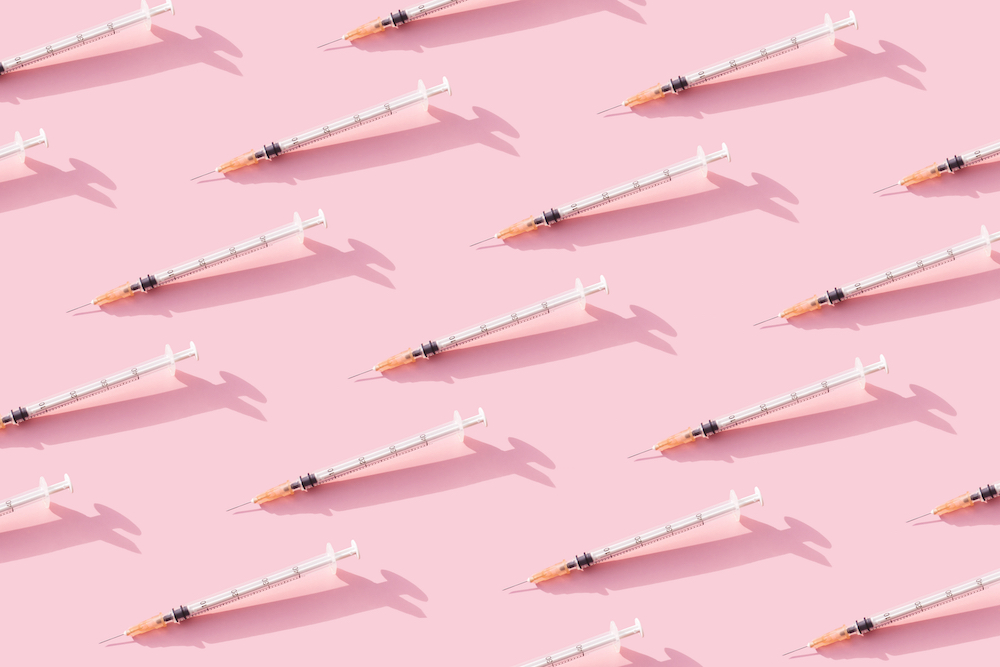New Scientific Breakthrough for Malaria Vaccine
Celebration and peace of mind spread throughout Africa as a new malaria vaccine is proven effective and ready to be given out to children.
In Africa, Malaria is the most significant cause of death in most infants and babies. After more than a century of trying, the World Health Organization says the RTS, S vaccine is ready for those in sub-Saharan Africa and other affected regions with Malaria.
Malaria is a deadly parasite that infects and destroys blood cells to reproduce throughout the body. The parasite can morph between different forms inside our bodies, making it difficult to beat the disease. The parasites spread through mosquitoes, which are very common in hot areas like Africa. There have been efforts in the past to mitigate the spread such, as bed nets, insecticides to kill the mosquitos, and drugs to kill parasites. However, those alone are not enough to stop Malaria.
In 2019, more than 260,000 children died from Malaria. There are about 229 million cases a year, 94% of which are from Africa. Building immunity against Malaria is very difficult and only reduces the chance of becoming severely ill.
In addition, there are 100 different types of Malaria parasites. Fortunately, the RTS, S vaccine takes out the most dangerous parasite: Plasmodium falciparum. The vaccine was proven effective six years ago; however, there were many hesitations. The vaccine requires four doses for it to be effective. The first three shots are given a month apart to five, six, and seven months old, and the final booster is given at 18 months.
The director-general of the WHO, Dr. Tedros Ghebreyesus, explains, “The long-awaited malaria vaccine for children is a breakthrough for science, child health, and malaria control. [It] could save tens of thousands of young lives each year.”
Also, research collected from WHO explains the vaccine is safe and effectively reduces 30% of Malaria. More than two-thirds of children without a bed-net received the vaccine. So far, there is also no negative impact on those receiving the vaccine.
Dr. Pedro Alonso of WHO Global Malaria Programme explains, “We’ve been looking for a malaria vaccine for over 100 years now, it will save lives and prevent disease in African children.”
We can do better with the tools we have to fight @malaria. Adding a first @malaria @vaccine to the armamentarium offers the possibility to safe 10s of thousands of life’s pic.twitter.com/SQwFe7LrOV
— Pedro L. Alonso (@PAlonsoMalaria) October 7, 2021
Although the vaccine is not 100% effective or accessible outside of Africa, where other forms of Malaria exist, this is a breakthrough in science that will save thousands of children.

Content Writer





